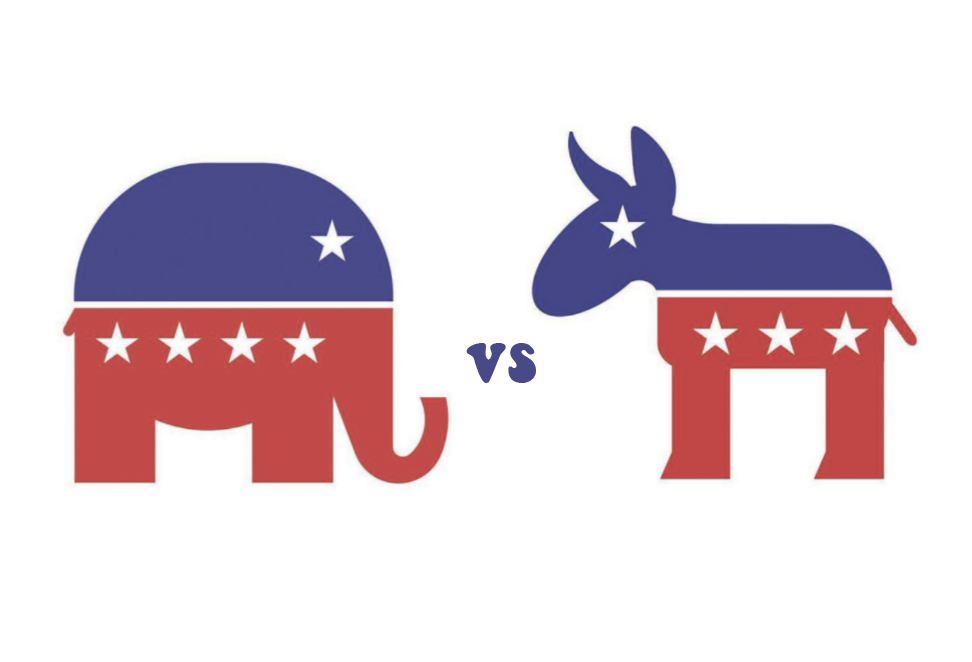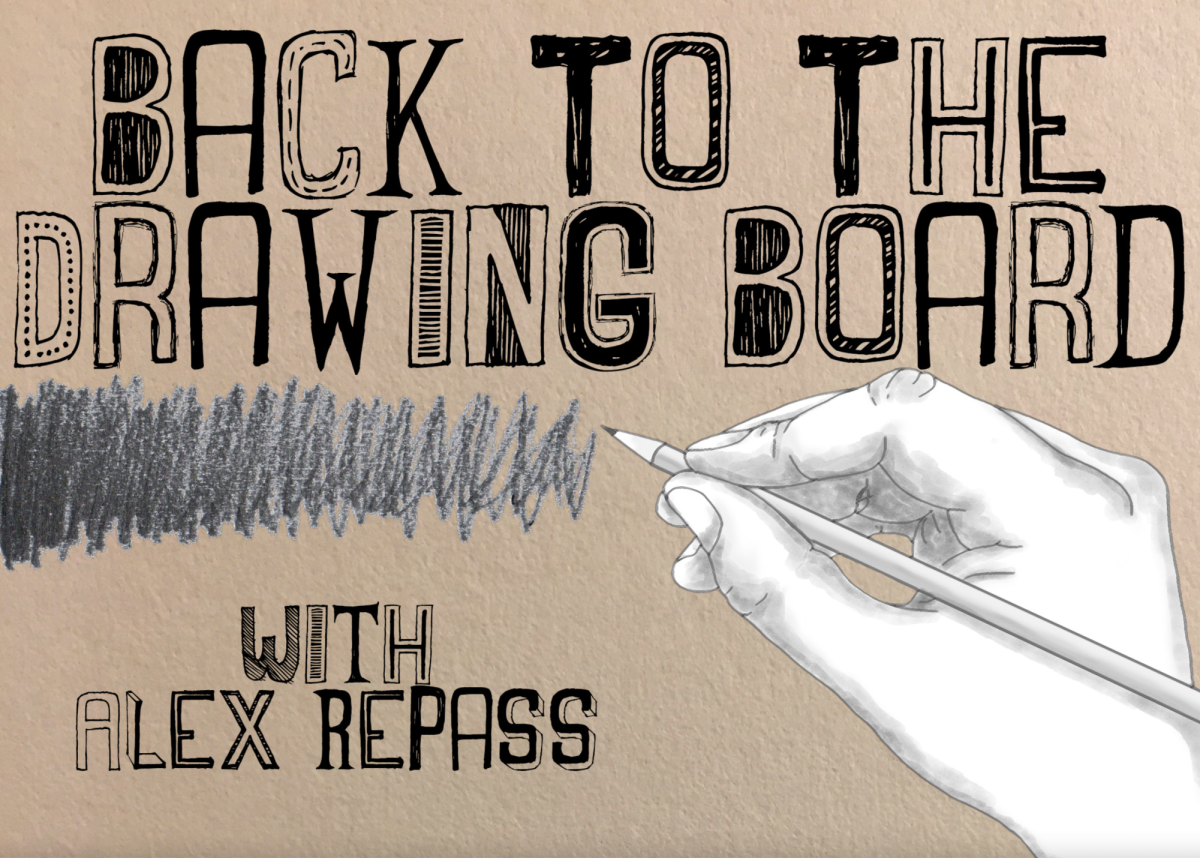In this column, the College Democrats and College Republicans of RWU go head-to-head on a different topic each
week, chosen by the club members themselves. Check back every week to see a new topic being discussed.
Republican:
Affirmative action should not be mandated in schools nor should race be considered when looking at higher education applications.
The Supreme Court, up until recently, held that affirmative action was legal under the Constitution in decisions such as Bakke V. UC Davis and Grutter V. Bollinger. The Court had upheld the core of affirmative action but struck down racial quotas in higher education in Bakke whereas in Grutter they had held that affirmative action had to be tailored to a specific interest to be Constitutional.
As expected with the new decision handed down by the US Supreme Court in Students for Fair Admissions V. Harvard, the majority conservative Supreme Court struck down the Constitutionality of such programs. In the majority opinion written by Chief Justice Roberts, the court points out that ever since the decision in Brown V. Board, the court had tried to strike down any program that discriminated against any person based on race and the fundamentals of the Brown decision had held discrimination in education was unconstitutional.
Affirmative action firmly goes against such beliefs as it gives preferential treatment to certain groups at the expense of others. It may have been necessary after the discrimination of the Jim Crow era, but in modern America, it has no place. It is based on the idea that certain groups can’t make it on their own merits, which is false. It puts all minorities into one group and looks at students based on characteristics that they have no control over.
Democrat:
What is the path for college admissions without affirmative action?
Every one of us has gone through the process of becoming a Hawk. We remember the long hours of SAT/ACT prep, to baited anticipation when we get our letters back from our applied schools.
For many future Hawks and fellow Americans alike this is made more difficult by the Supreme Court’s decision earlier this year in Students for Fair Admission Inc v President and Fellows of Harvard College. With a 40-page opinion Chief Justice John Roberts laid down that race cannot be considered as a factor in admissions. During that opinion, he forgot to mention the legacy admissions that allow many rich legacy students to get accepted with lower grades because of a family connection.
The problem is that in banning affirmative action, universities disincentivize many students of color from even considering applying, as a majority of those who are first-generation college students are students of color (whether they are from the US or other countries). In response to the court’s action, many schools are starting to consider life hardships in the admissions process.
While this is a well-intentioned alternative, it still places the burden on students to share even more hardships they have gone through in life, many of which are often unseen or place unnecessary burdens upon prospective students and their families. This is especially true for first-generation students who are often the most heavily impacted by the prospect of going to a good school.
This will become even more impactful as we continue to see wages stagnate. A college degree is pretty much a requirement. Another solution many universities have embraced is removing the necessity of test scores as they often cost thousands of dollars. While we can acknowledge that affirmative action has done a considerable amount of good by allowing students of color to gain access following President Johnson’s executive order, we must recognize that things have changed in America and a considerable amount of effort has been put into killing it.








